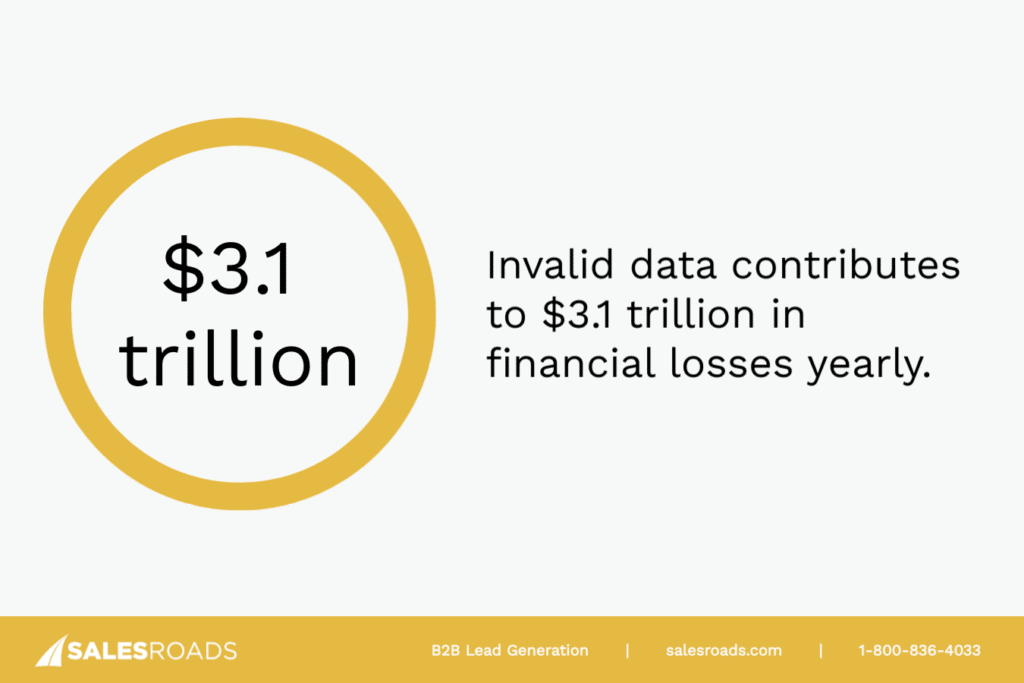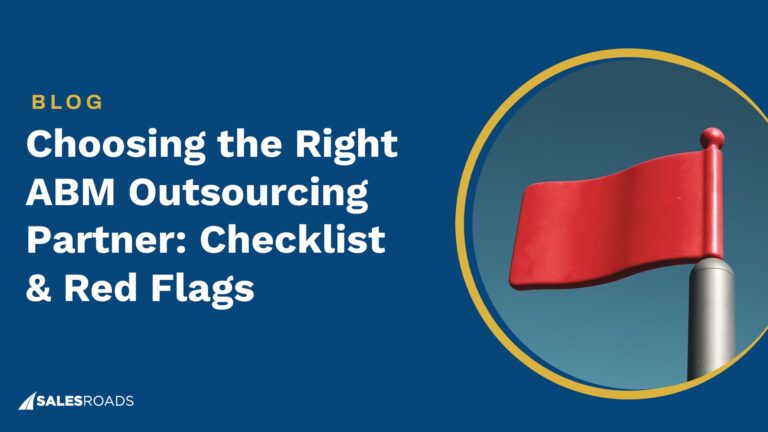In B2B sales, where products and services tackle specific, often complex challenges, conveying value demands personalized, thorough explanations to impact the decision-making of multiple stakeholders.
In this environment, various sales strategies are deployed, from SEO and content campaigns to social selling. Amidst these diverse methods, 57% of C-level and VP buyers across various industries prefer phone calls over other communication channels. This preference indicates the potential effectiveness of cold calling; however, some see it as outdated, while many still drive significant revenue from it.
Let’s explore its pros and cons to see if it fits your B2B mix:
Advantages of Cold Calling Telemarketing
Cold calling can be a powerful tool for businesses when used strategically. By understanding its advantages and tailoring your approach to your target audience, you can leverage it to generate leads, build relationships, and ultimately grow your sales.
Roman Milyushkevich, chief sales officer at Scrape It Cloud, says, “When done strategically, cold calling can be a sustainable and economic model that converts leads faster. It is a cheaper way to reach potential customers, build a personal connection, interact in real-time, answer queries, and analyze customer interest based on responses.”
Niche Audiences
Niche audiences are, by definition, smaller and more scattered than general audiences. This can make it difficult to find them through inbound lead gen tactics. Cold calling allows you to directly connect with potential customers who might not be actively searching for your product or service.
In industries like manufacturing or healthcare, where decision-makers have specific needs, cold calling lets businesses directly address those unique requirements. This personalized approach ensures that the communication is relevant and engaging, significantly increasing the likelihood of a successful interaction.
Low Market Awareness
When people aren’t aware a solution exists for their problems, traditional tactics often fall flat. Cold calling allows you to directly introduce them to a potential solution they might not have known about. By educating them about the value you offer, you can spark their interest and create a new category in their mind.
In a crowded marketplace with established brands, getting noticed can be tough. Low market awareness situations create a blank canvas. You have the opportunity to explain your unique offering in detail and position you as an expert.
Faster market penetration
Unlike traditional inbound methods, which build awareness gradually, cold calling allows you to directly target potential customers who might be a good fit. This targeted approach gets your product or service in front of decision-makers quickly, potentially leading to faster sales cycles.
If your offering directly addresses a pressing need, a good cold call can spark an immediate conversation and even close a deal on the spot. This rapid lead conversion can significantly accelerate initial sales growth.
A string of successful cold calls can quickly create a sense of momentum for your new product or service. Each positive interaction adds to the narrative of early market validation.
Customization Needs
When products or services require customization, cold calling allows for a back-and-forth conversation, unlike a static brochure or website. This interactivity can expedite the sales cycle for customized products or services.
You can discuss specific customization options, address concerns upfront, and potentially negotiate terms on the spot. This direct approach can lead to faster deal closures compared to waiting for quotes or proposals through traditional channels.
High-value complex products
Complex products with high price tags require a deep understanding from potential customers and often come with complex pricing structures and potential objections. A generic message wouldn’t suffice.
Cold calling allows for a targeted conversation where you can educate the prospect on the product’s features, benefits, how it specifically addresses their unique challenges, and address these concerns head-on. This in-depth explanation helps reps overcome hurdles and build a stronger case for the deal.
Call Feedback
Unlike other methods, cold calls provide immediate insights into how potential customers react to your message. Their hesitations, questions, and areas of interest offer valuable live feedback that can’t be replicated through surveys or website analytics.
Analyzing these allows you to rapidly iterate and refine your lead generation strategies based on live call feedback. This agility ensures your outreach resonates with your target audience and attracts high-quality leads.
Disadvantages of Cold Calling Telemarketing
Poor data quality
Data quality is a common concern for cold calling. Inaccurate data leads to wasted calls, lost time, and a discouraged sales team. In the US alone, it causes massive financial setbacks, costing companies $3.1 trillion every year.

Calling the wrong people means your pitch falls on deaf ears. Inaccurate data not only is a lost opportunity but also creates a negative perception of your brand. Yet, these challenges aren’t insurmountable; businesses can overcome data quality issues with the right list-building strategies.
Cost-effectiveness concerns
Cold calling requires an investment in resources, including hiring, training, and technology. These upfront costs can be significant, especially for smaller businesses.
Even with an in-house team, you might need to make a significant number of calls before connecting with a qualified lead, and even then, converting that lead into a sale can be challenging. This high volume of calls can lead to a high cost per acquisition (CPA) if not managed effectively.
The solution is to partner with a vendor who specializes in your industry. This strategy allows you to bypass the complexities of building and maintaining an internal sales team, enabling you to immediately start driving revenue with experienced reps.
Possible damage to brand reputation
Cold calls can be seen as intrusive and disruptive when not done right because generic cold calls that don’t take the prospect’s needs into account can come across as impersonal and inauthentic. Inexperienced or poorly trained cold callers can damage your brand reputation with pushy tactics, misleading information, or unprofessional behavior. A single bad call can leave a lasting negative impression.
However, you can mitigate these reputational risks by investing in training your in-house sales team or outsourcing to a vendor who prioritizes brand ambassadorship.
High rejection rates
The success rate of cold calling is generally around 2.5%. This means a rep might need to make approximately 40 calls a day to generate one solid lead. Constant rejection can be demoralizing for even the most motivated salespeople. A string of “no’s” can chip away at their confidence and make them hesitant to keep calling. But rejection is an inevitable part of the sales process, not just in cold calling.
Accept that sales is a numbers game. Train your reps to develop resilience and a thick skin. Rejection shouldn’t be taken personally, rather use rejection as a learning opportunity. Analyze call recordings and identify areas for improvement. Were you targeting the right audience? Was your pitch clear and concise? Refine your approach based on these insights.
Bottom Line: Should You Leverage Cold Calling Telemarketing?
Consider cold calling if:
- You target niche audiences or low market awareness.
- You offer complex, customizable, or high-value products.
- You want faster market penetration or immediate feedback.
However, be aware of:
- Potential for wasted calls due to poor data.
- Cost concerns from hiring, training, and low conversion rates.
- Risks of damaging your brand reputation with bad practices.
- High rejection rates that can demotivate your team.
The verdict?
Cold calling can be a viable part of your sales strategy if used judiciously and in conjunction with other methods. It requires a strategic approach, careful consideration of your target market, and a willingness to invest in quality data and skilled reps.
If you lack expertise, resources, and time, consider outsourcing cold calling telemarketing. Your partner can help you drive outbound revenue efficiently, eliminating the need to establish and manage an internal team by providing you with experienced reps and streamlining your sales process.










